The most peculiar thing about Macedonian politics today is that voters actually have it easy. A highly turbulent 2015 in Macedonia has given birth to an unlikely silver lining which many developed democracies could only ever yearn for: when the Macedonian citizens cast their vote in April 2016, they will know exactly what they are voting for.
When the opposition SDSM ‘bombed’ the ruling DPMNE earlier this year, they also bombed a nationwide mindset with roots long into the Communist past of the country. The bombs, which were ‘disarmed’ in July 2015 with the Przino Agreement (explained below), suddenly made politics cool (for better or for worse) in a country where it has always been something that smart people stay away from. The dramatically growing importance of politics to the average Macedonian has prompted politicians to lay their cards on the table once and for all. Hence, the early parliamentary elections in April 2016 might prove more important than any elections ever held in the country since independence in 1991. This article is divided in two major sections which explain why the April elections ought to be viewed as a critical juncture in Macedonia’s post-Communist metamorphosis.
1. Deconstruction of the fake East-West dilemma
In 2015, Macedonia is as further as ever from its constitutionally proclaimed geostrategic aim: European integration. When the ruling VMRO-DPMNE first came to power in 2006, Macedonia had just become a candidate member of the EU, whose progress reports at the time featured only one major accession obstacle: the name issue with Greece. In contrast, the November 2015 report identifies severe deficiencies in key policy areas in addition to the still unresolved name dispute.
Therefore, DPMNE has found itself in an unfamiliar situation of not being able to blame Macedonia’s geopolitical isolation on its ‘evil neighbor’ anymore. There are two things a government can do when it continuously fails to achieve a certain goal. One is to change the scapegoat and the other is to change the goal altogether. Both have been used time and again by governments in the past, but they have hardly ever been used together. Nevertheless, Macedonia’s Prime Minister Gruevski seems to have found a way to combine them.
On the one hand, he has shifted the blame away from Greece and onto the opposition by launching an all-out media offensive against them. Pro-government journalists went to great lengths to portray the bombs as a desperate attempt by SDSM to take power at the cost of compromising national security by disclosing ‘state secrets’ in some of the leaked conversations. Furthermore, they have tirelessly argued that responding to the bombs has unnecessarily detracted Gruevski from running the country. The message here reads: things are indeed bad, but we are not the ones to blame.
On the other hand, the very same journalists have engaged in a hostile and often vulgar rhetoric towards the European Union. Driven by US Secretary of State John Kerry’s statement earlier this year about Macedonia ‘standing in the line of fire’ between the West and Russia, they often preach that ‘the West needs us more than we need them. At the peak of SDSM’s ‘bombardment’, DPMNE downplayed the scandal by arguing that ‘even Merkel’s phone was tapped, so who are they to tell us off’. Furthermore, the party has openly been flirting with Russia. Putin shirts have become an integral element of party rallies and pan-Slavism has been constantly celebrated even though bilateral trade between the two countries remains insubstantial.
In contrast, Macedonia continues to receive an enormous amount of Western capital despite the growing anti-Western rhetoric, which has recently culminated in a dismissal of Western-style democracy as inapplicable to Macedonia. This dangerous departure from the constitutionally proclaimed course of the country has led to the pejorative use of the term ‘democrat’ to refer to someone who cherishes European values, as opposed to ‘patriot’ for someone who worships ‘strong’ leaders like Gruevski and Putin. By this logic, those who like democracy are by default antipatriotic. And this is not coming from some misguided and sidelined journalists, but rather from people who are on a first-name basis with Gruevski in their regular exclusive interviews with him. The message here reads: things may be bad by EU measures, but we measure things differently. Making the EU happy is no longer our goal.
2. Effects of the wiretapping scandal
Yet, the Przino Аgreement is the perfect example of just how far Gruevski is ready to go to make the EU happy. After four months of crisis and more than 30 opposition bombs, the leaders of the four biggest parties in the country signed an EU-brokered deal in a Skopje district called Przino on 15 July 2015. Gruevski initially insisted that the bombs would not force any concessions out of him. The purpose of most of the clauses in the agreement is to ensure fair elections in April 2016. These are the five most important ones:
a) SDSM to return to the Parliament (which they had been boycotting since the last parliamentary elections of May 2014), thus formally ending the crisis
b) Two key DPMNE ministers to be replaced with SDSM representatives with the aim of preventing further abuses of power like the ones in the bombs
c) An independent prosecutor to be appointed for crimes alleged in the bombs; this role was given to an experienced judge with no previous affiliation to any of the parties
d) Gruevski to stand down as Prime Minister in January 2016 after nine years in power, giving way to a DPMNE successor unaffected by the bombs
e) The National Election Commission to undergo full restructuring, review the electoral register, and organize fair and free elections
The Przino Agreement was the result of a tenuous negotiation process between the parties and various EU mediators and was followed very closely by the public. Many people in the highly politicized Macedonian society virtually suspended their day-to-day activities in expectation of the outcome. Thus, a failure of Przino’s elaborate mechanism to produce fair elections would kill Macedonia’s faith in democracy for generations to come.
Finally, by April 2016 Macedonia will have been ruled by the same party for an entire decade. Every political scientist will tell you that young democracies are much better off with frequent government change due to the tendencies of long-standing governments to return to authoritarianism. Macedonia provides a textbook confirmation of this thesis, as the bombs revealed numerous undemocratic practices such as election fraud, media censorship, privacy violations, and patronage networks. The April elections will show whether SDSM can finally overcome its baggage from the transition era and capitalize on DPMNE’s dramatic drop in popularity from 34% to 24% following the scandal. Given that the bombs are the first political scandal of this magnitude in Macedonian history, the elections will also show if major scandals can make any difference in a young democracy where popular trust in politicians is so low that the astonishing crimes revealed by the bombs come as no surprise to most of the electorate.
Regardless of the political impact of the scandal which remains to be seen in April, the bombs are already viewed as Macedonia’s much needed wake-up call. Now here is a fun fact: the original meaning of the word ‘crisis’ in Ancient Greek was ‘recovery’. Macedonians hope to leave the crisis in 2015 and undergo a painful but inevitable recovery in 2016. At least now they know they are not just choosing between people and parties on the ballot. They are also choosing between ‘democrats’ and ‘patriots’, Europhiles and Russophiles… or perhaps between transition criminals and contemporary criminals? One thing is certain: whatever they choose, this time they won’t get to say ‘we didn’t know what they were like’. The dice has been rolled.



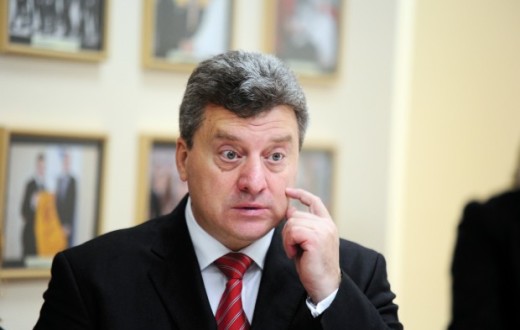
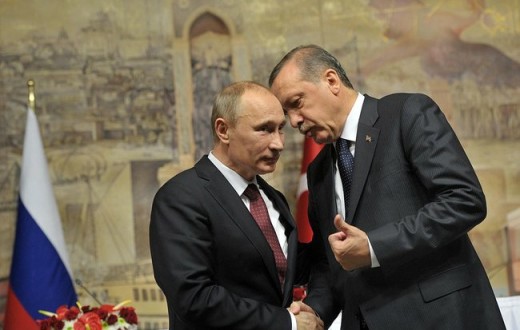
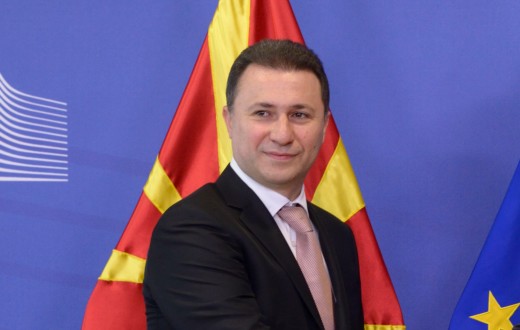
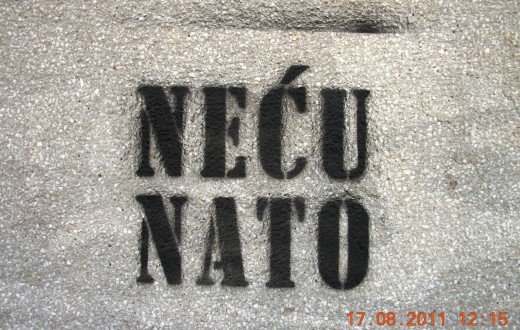
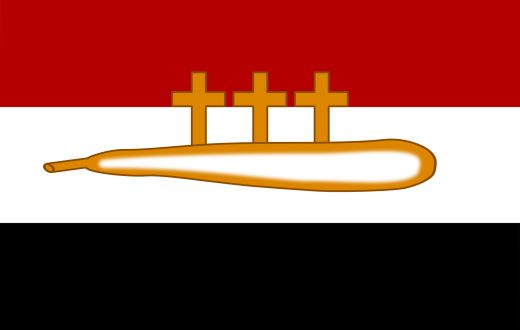
0 comments